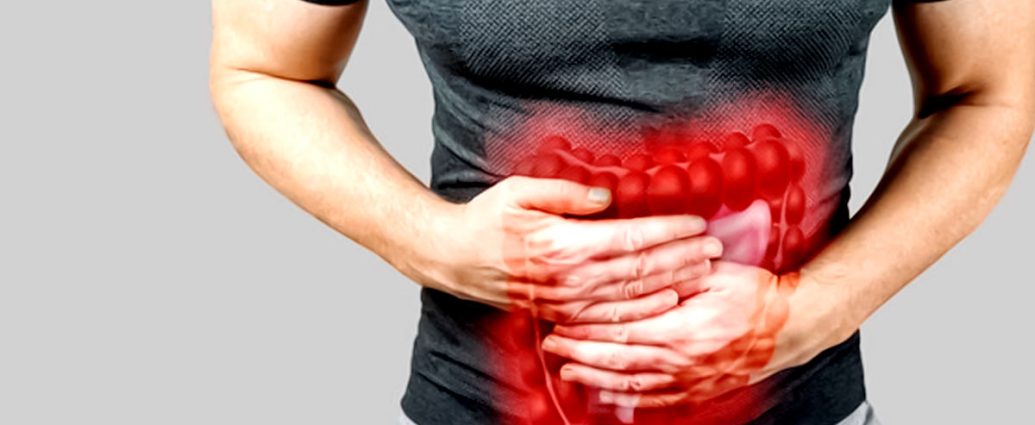I’m sure on some occasion you or a close person has lived an episode of gastroenteritis, this disease that lasts a few days but involves remarkable physical tiredness and a change in our daily routine. Why is this intense but short-term impact? What is the best way to treat gastroenteritis and recover? Below we find out what gastroenteritis, its symptoms, treatment, and prevention is. Keep reading.
What Gastroenteritis Is?
Gastroenteritis implies an alteration in the usual functioning of the intestine so that there is a dysfunction in how it absorbs water and mineral salts. This is what causes diarrhea so characteristic of this mild disease (in most cases).
This does not take away that in specific cases it can lead to some kind of complication, a situation in which it is called acute gastroenteritis. People who get to this point are unable to tolerate food and liquids for several days, so their risk of dehydration is very high.
Causes
The causes of gastroenteritis are caused by the action of three types of microorganisms in the body: viruses, parasites, and bacteria, the most common and active being rotavirus (in children, which is contagious to the elderly through saliva or stools), norovirus, which does not know age limit even if it is more frequent among children, adenovirus or astrovirus (also in children).
As for bacteria, in addition to salmonella, yersinia or Bacillus cereus are common causes of their symptoms. These microorganisms inflame and swell the inner membrane of the stomach or intestine and prevent the digestive system from working properly.
Symptoms
The symptomatic picture of gastroenteritis is very diverse. Each person, in gastroenteritis, can develop different symptoms. Now, the most common are diarrhea, vomiting feeling like wanting to vomit, or the presence of abdominal pains (sometimes even with cramps). It is rare to develop a high fever. Muscle aches may also be due to gastroenteritis.
In the most serious cases, there are episodes of dehydration, weakness, absence or difficulty in urination hypokalemia, or lack of potassium in the blood, which degenerate into muscle weakness and cramps in the muscles. Some symptoms that warn you that you’re at the gates of a dehydration picture are:
- Sensation of restlessness and drowsiness
- Increased sweating
- Dry tongue
- Hollow eyes
Prevention
Keep in mind that gastroenteritis is a viral disease that is transmitted between people by direct contact with an affected person, sharing glasses, cutlery, dishes, and water, or by the intake of contaminated or poor food.
Thus, the easiest way to avoid falling into the networks of gastroenteritis depends only on frequent hand washing if you have been in contact with a person or in an environment where the affected person could be able to contaminate the environment. Avoiding sharing any fluid with that person will be key to escaping digestive disorder.
However, there are also vaccines against some of the most common and active viruses and bacteria. Especially in children, as in the case of rotavirus. Have special attention to diarrheal pictures in young children with diapers when changing them, seeking a quick and deep wash.
